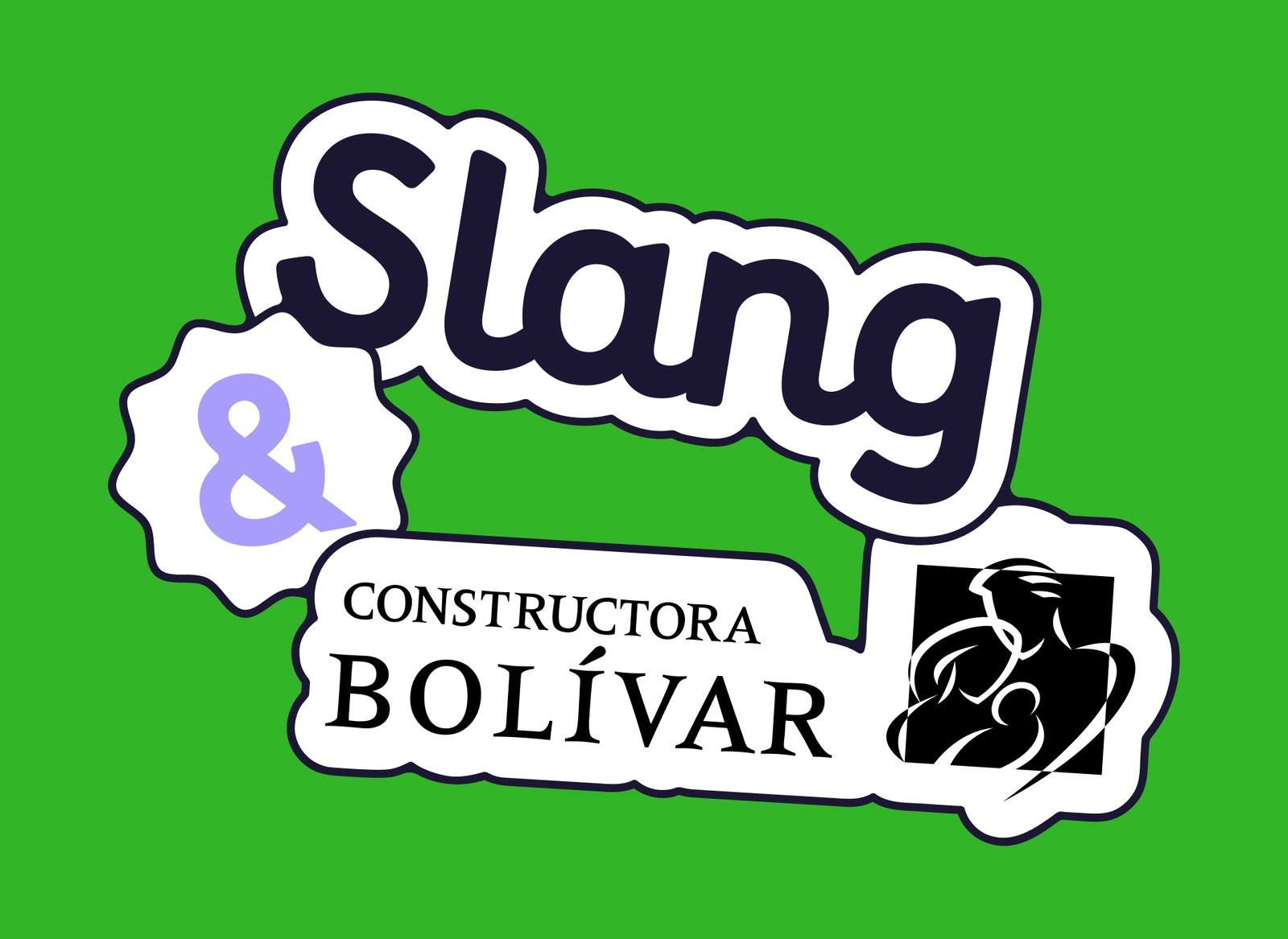The challenge
The time when English proficiency was just a plus is long gone. Nowadays, it’s a must for nearly every field. According to the recruiting firm Randstad, fluently speaking English improves your chances of landing a good job by 44%. Currently, more and more companies are becoming globalized as they expand their headquarters and gain international clients. That’s why having good working knowledge of English is a prerequisite for new hires.
Not speaking English with fluency was an issue faced by the students at the Technological Institute of Tláhuac (ITT), a federal higher education institution in Mexico. The students needed English proficiency to enter the labor market with ease, but they found themselves without it.
In 2017, ITT decided to intervene. The success of their students and alumni would reflect directly on the institution and its prestige as an academic entity, so they knew they had to do something about this issue. After careful consideration, they decided to include English certification as a requirement for graduation.
However, the problem persisted and even became worse after this new policy went into effect. Despite completing the coursework for their degree, a high number of students couldn’t graduate because they didn’t meet the English proficiency requirements.
To solve this problem once and for all, ITT needed a solution that would meet a few different conditions. Since students had no time for additional in-person classes, they needed a flexible alternative that would allow them to study English anywhere at any time. In addition, some students were having trouble understanding documents and texts in field-specific English that they needed to read for some of their core courses. Thus, it was important to find a solution that would not only contribute to the development of professionals proficient in general English, but also offer students an additional advantage in the job market by training them in professional and specialized English.
That’s when ITT learned about Slang!
The solution
Slang was the perfect solution to this challenge for many reasons. Among them were the use of cutting-edge technology to make the learning process more efficient and the robust offering of professional English courses aligned with the institution’s programs. These features would enable students to develop the technical and specialized English needed to get jobs and internships.
The first cohort of students started working with Slang in August of 2017. Since then, ITT has continued with new implementation cycles, each lasting six months, with new cohorts of students nearing graduation.
Currently, students start the program with a placement test that shows their initial English level—aligned with the levels of the Common European Framework of Reference for Languages (CEFR)—in order to monitor their progress towards the language requirement for graduation. In addition, students receive useful recommendations for which professional English courses to pursue, based on their specific areas of study and needs.
But Slang doesn’t just train ITT students. A group of teachers also uses our platform as part of a training program that aims to strengthen the general and professional English skills of the institute’s faculty and staff. This is fundamental to maintaining ITT’s academic competitiveness in a world where global knowledge is encoded mainly in professional English.
For students and teachers alike, platform administrators can check users’ progress in real time through the Learning Management System (LMS). This facilitates the process of mentoring and accompanying users, especially students, as they work towards the goal of improving their English.
The successful implementation of the program was possible thanks to the following courses:

“The app has been especially useful since it is always available. The tests allow us to know the level of students with regard to the Common European Framework, and the Learning Management System (LMS) has helped closely monitor the dedication of students. We are pleased with the way Slang has developed its service in the same direction as our needs.”
Professor Jorge Olayo
Deputy Director of Planning and Institutional Relations, ITT
The results
The most important result that Slang helped ITT achieve was an increase in its graduation rate, as the percentage of students who couldn’t graduate due to a lack of English proficiency was a major area of concern.
Undoubtedly, Slang has helped develop and improve a considerable number of ITT students’ professional English. Now students can thrive, both in the academic environment—due to their ability to better understand specialized content within their fields—and in the labor market, as their improved skills have made them more competitive as job candidates.
The benefits don’t stop there. One of the advantages of Slang that students have repeatedly highlighted is that, by studying through the mobile app, they can organize their study time in a way that fits their schedule and learn from anywhere, making the most of the platform and its portability.
Check out the numbers we’ve hit.

“With Slang, I strengthened and broadened my knowledge of English. The platform has numerous courses that adapt to your professional needs, which allows you to develop in other areas of study and to put into practice the knowledge learned. I think the tool is perfect for learning professional English.”
Francisco Javier Del Prado
Engineering student, ITT
Follow ITT’s example and guarantee your students competitive positions within the job market. We are the perfect tool to learn the English you need for your career—get to know Slang today!





